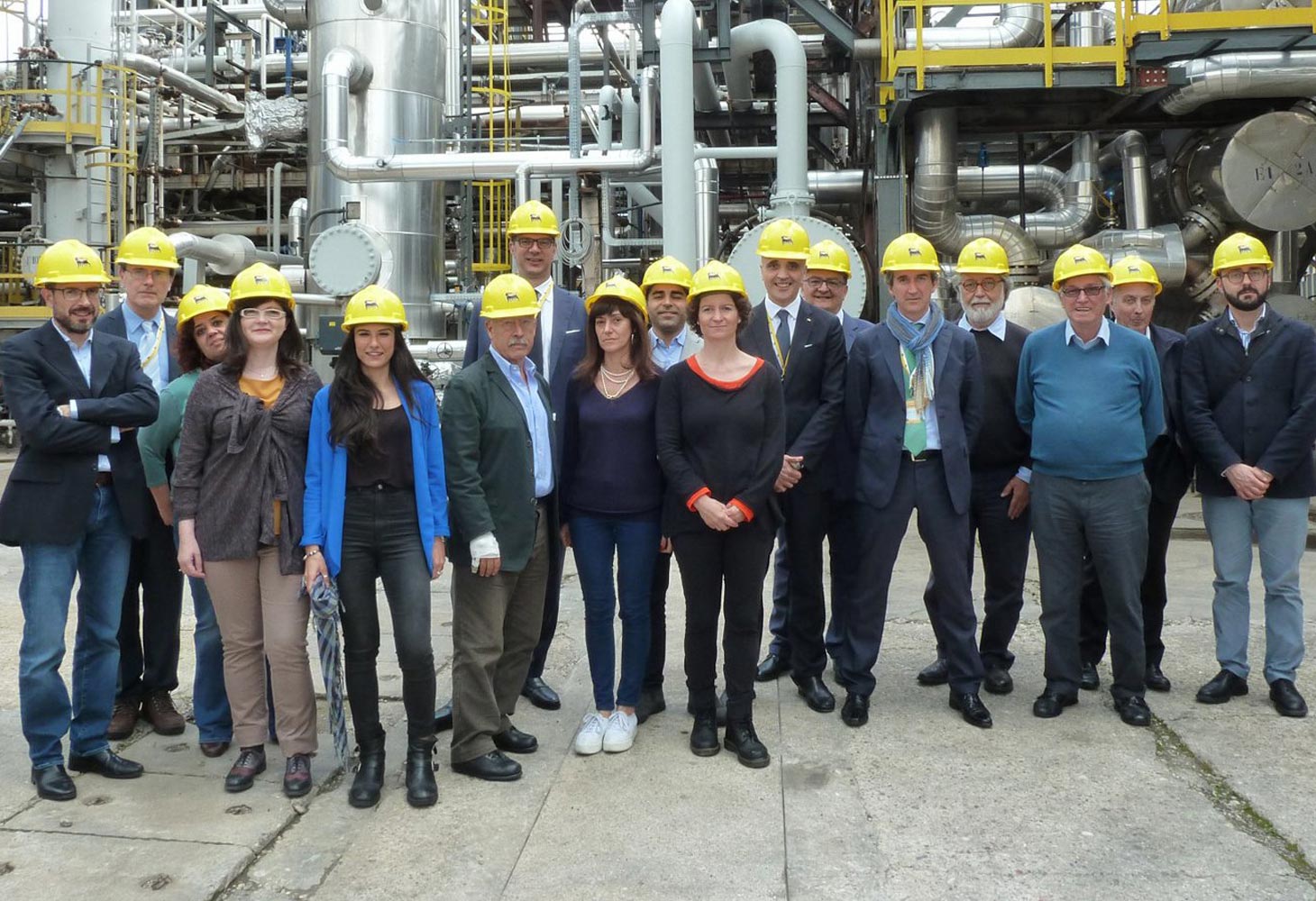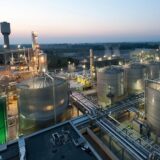
Eni starts delivery of HVO biofuel from Venice biorefinery
Eni SPA E, together with Aeroporti di Roma (ADR), has achieved a milestone in decarbonizing the aviation sector and accelerating clean energy transitions at airports. Eni, headquartered in Rome, Italy, is one of the leading integrated energy players in the world. Aeroporti di Roma S.p.A. is an Italian fixed-base operator (FBO) of Leonardo da Vinci-Fiumicino Airport in Greater Rome and Rome Ciampino Airport.
Eni delivered 5,000 liters of pure hydrotreated vegetable oil (HVO) biofuel at the Fiumicino airport from its Venice biorefinery, located in Porto Marghera, Italy. This will significantly contribute to the decarbonization of road vehicles at the airport.
HVO is a high-quality biofuel, which is used in ADR-operated vehicles to carry passengers with low mobility around airports. It will be used in a fully refined form, as all impurities such as oxygen and sulfur are eliminated from the biofuel. Notably, HVO can reduce carbon dioxide emissions by 60-90% compared with conventional fuel, based on the type of biogenic feedstock.
Last year, Eni and ADR signed an agreement to introduce sustainable aviation fuels (SAF). ADR, which has been carbon-neutral since 2013, has committed to eliminating all of its emissions by 2030. The latest accomplishment is a step forward for ADR in terms of sustainability.
In the coming months, Eni will start producing SAFs at its Livorno refinery through the distillation of bio-components produced in its biorefineries. The raw materials used will be waste vegetable oils and fats only. The final product, Eni Biojet, will contain 100% biogenic components and include up to 50% of a blend with conventional jet fuel.
Since 2014, Eni has been producing HVO biofuel at its Venice and Gela bio-refineries with the help of its Ecofining technology. Eni has been converting its refineries in Italy to produce biofuels as part of its plans to become carbon-neutral by 2050. The company’s net-zero emission strategy will make it possible to supply a variety of decarbonized products to help the aviation sector recover as a greener, more sustainable industry.













